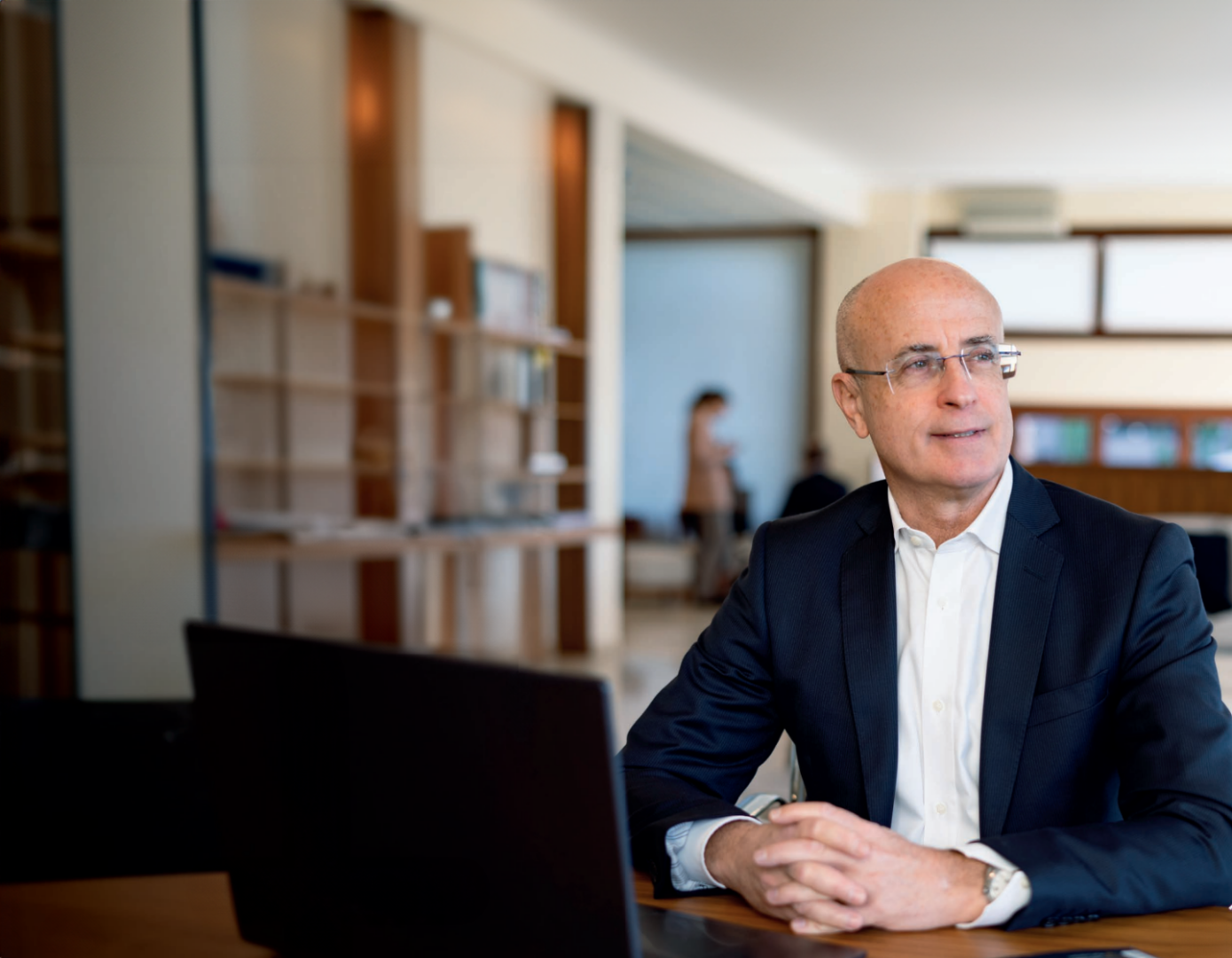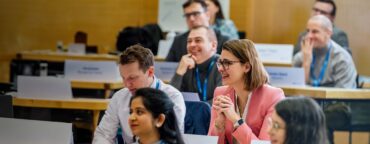
If a community and the local environment benefit from a business project, the investment returns can be handsome, potentially superior to an approach focused on profits only. The economic logic of enlightened capitalism, or “doing well by doing good” is well established, but not commonly practiced. One of its exponents in Italy is EMBA alumnus Marco Dall’Orso, specialist in urban redevelopment.
He describes the multiple returns, both financial and intangible, from the approach that his company, the Marina Development Corporation, adopts. The firm’s urban regeneration projects incorporate green spaces, sustainable use of energy and resources, ergonomically smart architecture and town planning, and local employment opportunities.
“There are environmental benefits: less pollution, less traffic, better use of natural resources. There are social benefits. You create communities, and places for people to gather and socialize. You trigger economic activities including micro and small enterprises.”
The value of the real estate in such desirable locations will appreciate handsomely, rewarding investors. “If you have a vibrant community around your building, and a high-quality environment, clean air, the value of the building is much, much higher. So for me it is very straightforward.”
Two current projects hold the potential to revive entire communities: a redevelopment in the coastal town of Ventimiglia, near the border with France, includes housing, hospitality, an international school with free access for local residents, sporting facilities and green spaces. Another at the city of Pisa seeks to encourage more stays in the local area. Despite the global fame of the city and its tower, some 75% of tourists arriving at the international airport do not stay in the locality.
Marco is an engineer by training, having studied civil engineering at the University of Genoa, in his home town, followed by a Masters in Environmental Engineering at Imperial College London. He describes himself as always having had a broader set of interests to pure engineering, including in society and the environment. His decision to study for an EMBA reflected this. The qualification helped him pivot in his career from real estate finance to active management in urban redevelopment.
“It is always a question of steering and being flexible and adaptable. There’s never one single 100% correct answer”
He is courteous and introverted, qualities that he acknowledges are not always associated with leadership. Becoming an effective leader has meant learning how to deploy his natural strengths, personal humility and obstinate will, effectively – he describes a coaching style as his default mode – while minimizing potential weaknesses because, as he notes: “You do have to set boundaries.”
As he began his studies in Lausanne for the Program for Executive Development (PED, at the time the first module of the EMBA), he sought to overcome his reserved nature by preparing a meal for his fellow course participants. He and his wife are passionate about Italian cuisine, and this gesture naturally went down well, to the extent that one of his colleagues made a short video of him making fresh pasta, that was shown at the graduation ceremony for PED.
His study at IMD shaped his whole approach to leadership. He valued the in-depth teaching on the complexity of social and market contexts, for which one requires a different mindset compared with science and engineering, where there may be a single correct solution.
“When we were asked about our opinion on specific issues or case studies, the standard answer was: it depends. Because you never had one black or white answer… the external environment is very volatile. When it comes to people, it is always a question of steering and being flexible and adaptable, and then consider different scenarios. What are the pros and cons? There’s never one single 100% correct answer.”
“You do have to set boundaries”
Professor Paul Strebel receives a mention for his teaching on business strategy, a favorite subject for Marco. He refers to core principles of leadership instilled at IMD as the “evergreen” values that do not change as technology and markets may change: “Strategy and understanding, learning from your customers and positioning the product.” His involvement with IMD continues, through being an active member of the IMD Italy group and the alumni community for entrepreneurship, and serving as class representative. Marco is deeply grateful to his classmates for their invaluable contributions and unwavering support. “Their encouragement has been instrumental in my personal and professional growth – not only during the EMBA program, but ever since.”
If Marco’s intellectual development can be grouped into three categories: engineering, social and environmental awareness, and business leadership, his philosophy is that there is scope for intelligent combination of the three. Pollution and harm are not inevitable by-products of building successful commercial organizations, or developing urban areas. Accordingly he is critical of the approach to business that sees ESG (Environment, Social and Governance) considerations as being something you can just tactically bolt on to a traditional model of focusing on the finances. Rather, there is scope for a more comprehensive remodeling of what a business is, and what it is for, such that all constituencies are rewarded simultaneously.
“Probably because of my age, getting older, I’m very much driven by purpose. I realized that the built environment can really be very powerful and you can, intentionally, really change the destiny of an entire community.”


